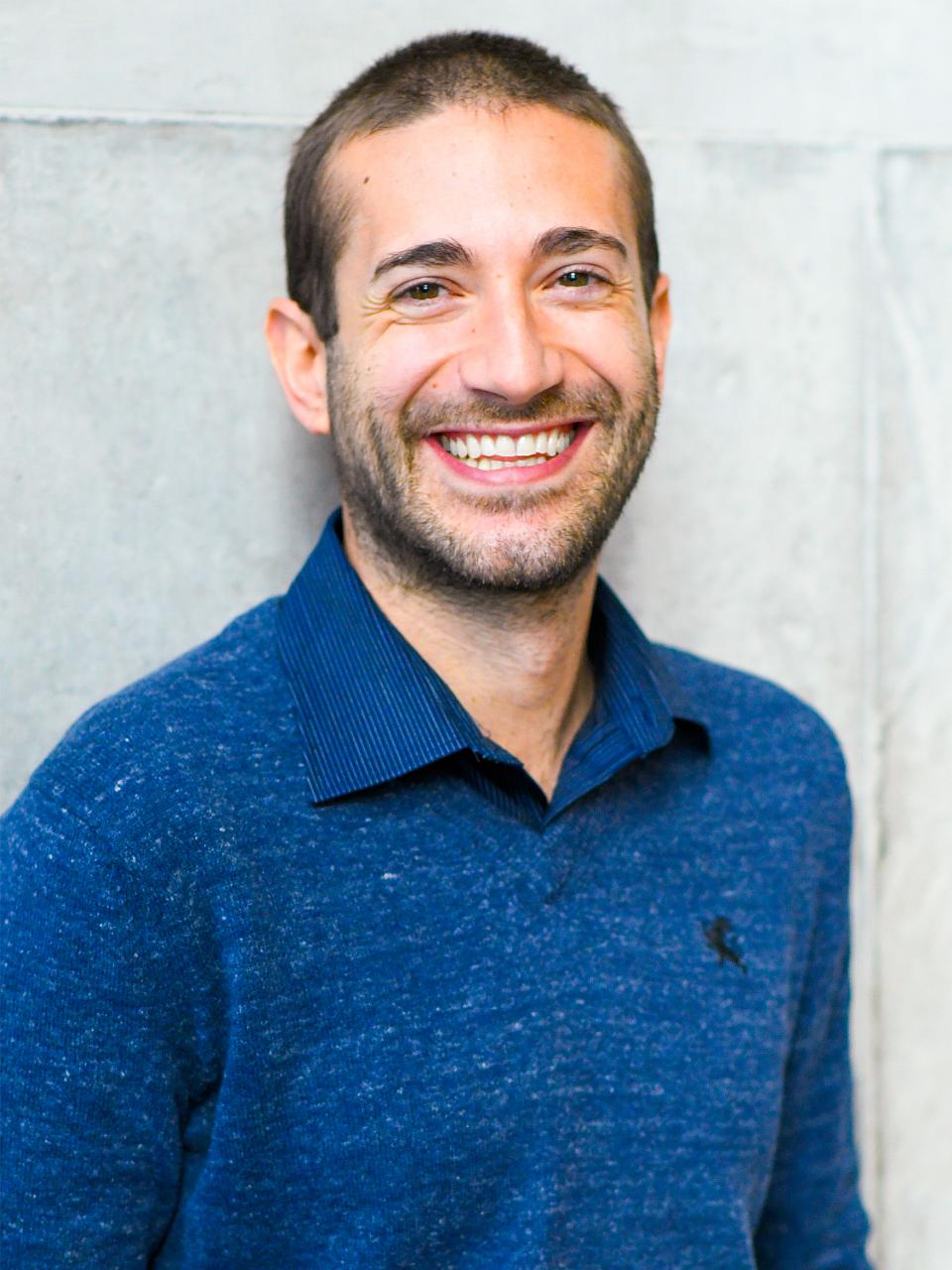
Education History
| Pharm D |
Universita’ degli Studi di Urbino |
PharmD |
|---|---|---|
| Doctoral Training |
Rutgers University |
PhD |
| Postdoctoral Training |
Rutgers University School of Pharmacy |
Postdoctoral Associate |
| Postdoctoral Training |
University of Pennsylvania |
Postdoctoral Researcher |
Selected Publications
Journal Article
-
Cell Origin and iNOS Function Are Critical to Macrophage Activation Following Acute Lung Injury. Golden TN, Venosa A, Gow AJ. Front Pharmacol. 2022 Jan 25;12:761496. doi: 10.3389/fphar.2021.761496. eCollection 2021. PMID: 35145401 Free PMC article.
-
Attenuation of acute nitrogen mustard-induced lung injury, inflammation and fibrogenesis by a nitric oxide synthase inhibitor. Malaviya R, Venosa A, Hall L, Gow AJ, Sinko PJ, Laskin JD, Laskin DL. Toxicol Appl Pharmacol. 2012 Dec 15;265(3):279-91. doi: 10.1016/j.taap.2012.08.027. Epub 2012 Sep 6. PMID: 22981630 Free PMC article.
-
Characterization of Distinct Macrophage Subpopulations during Nitrogen Mustard-Induced Lung Injury and Fibrosis. Venosa A, Malaviya R, Choi H, Gow AJ, Laskin JD, Laskin DL. Am J Respir Cell Mol Biol. 2016 Mar;54(3):436-46. doi: 10.1165/rcmb.2015-0120OC.
PMID: 26273949 Free PMC article.